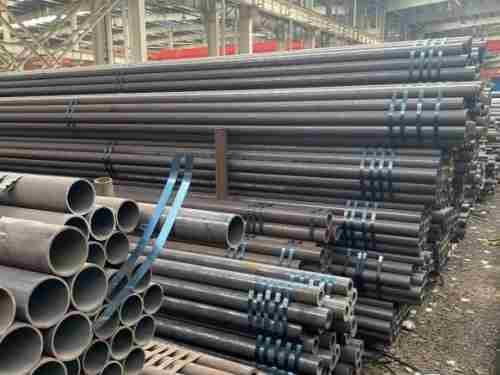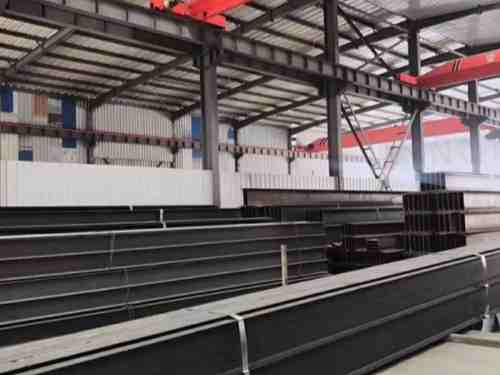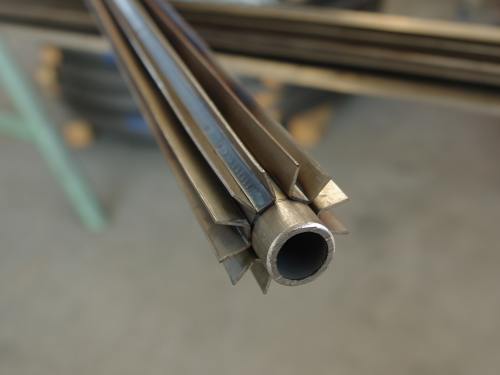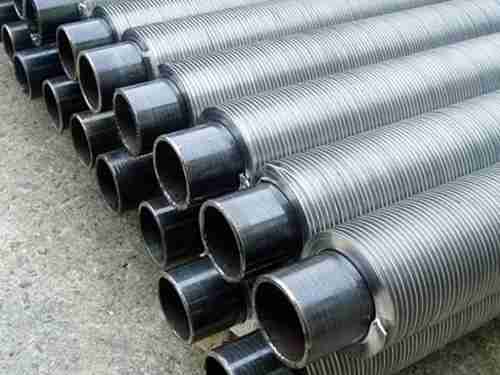What Is The Production Process Of Titanium Alloy Pipe
The production process of titanium alloy pipes involves several steps, from the extraction of raw materials to the final product. Titanium alloys are known for their high strength, corrosion resistance, and low density, making them suitable for a wide range of applications in industries such as aerospace, medical, and chemical processing. Here is an overview of the production process:
- Raw Material Extraction:
Titanium is extracted from naturally occurring minerals like rutile and ilmenite. The first step is to obtain titanium dioxide (TiO2) from these ores through a process known as the Kroll process or the Hunter process.
- Reduction of Titanium Tetrachloride (TiCl4):
Titanium tetrachloride is derived from titanium dioxide and is reduced to produce metallic titanium. This reduction typically involves reacting TiCl4 with magnesium (Mg) in a controlled atmosphere.
- Melting and Alloying:
Once the titanium is obtained, it is melted in an electric arc furnace or a vacuum arc furnace. Alloying elements, such as aluminum (Al), vanadium (V), or nickel (Ni), are added in precise proportions to create the desired titanium alloy composition. The specific alloy composition will depend on the intended application of the pipe.
- Ingot Formation:
The molten titanium alloy is cast into ingots or billets of various sizes and shapes. These ingots serve as the raw material for further processing.
- Forging or Extrusion:
In the case of large-diameter pipes, the ingots are typically forged or extruded into the desired pipe shape. Forging involves compressing the heated ingot between two dies to shape it, while extrusion involves pushing the heated material through a die to form a pipe shape.
- Heat Treatment:
After forging or extrusion, the titanium alloy pipes are subjected to heat treatment processes to optimize their mechanical properties and eliminate internal stresses. Annealing and solution heat treatment are common methods used to achieve this.
- Cold Working (Optional):
Depending on the required dimensions and properties, the pipes may undergo cold working processes like cold rolling or cold drawing to achieve the desired dimensions and surface finish.
- Machining and Finishing:
The pipes may be machined to precise tolerances, and the surface finish is improved through processes like turning, milling, or polishing.
- Quality Control:
Throughout the production process, rigorous quality control measures are in place to ensure that the pipes meet the specified standards and requirements. This includes testing for mechanical properties, non-destructive testing (e.g., ultrasonic testing), and chemical composition analysis.
- Final Inspection and Packaging:
Once the pipes pass quality control checks, they are inspected for defects and compliance with customer specifications. They are then packaged and prepared for shipment to customers.
The production of titanium alloy pipes requires a high level of precision and expertise due to the unique properties of titanium and its alloys. The resulting pipes are highly durable and suitable for demanding applications in various industries.

 English
English Español
Español











